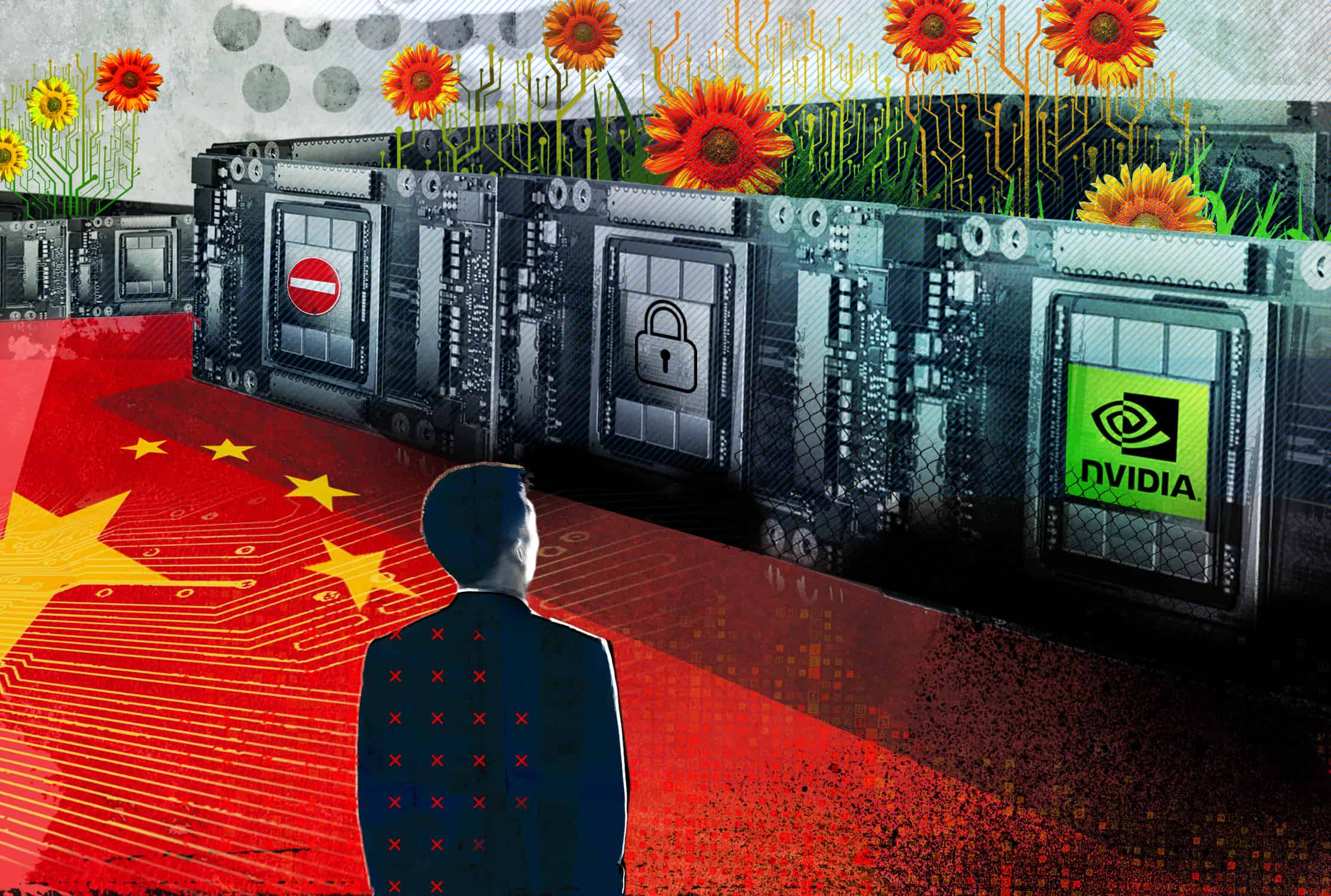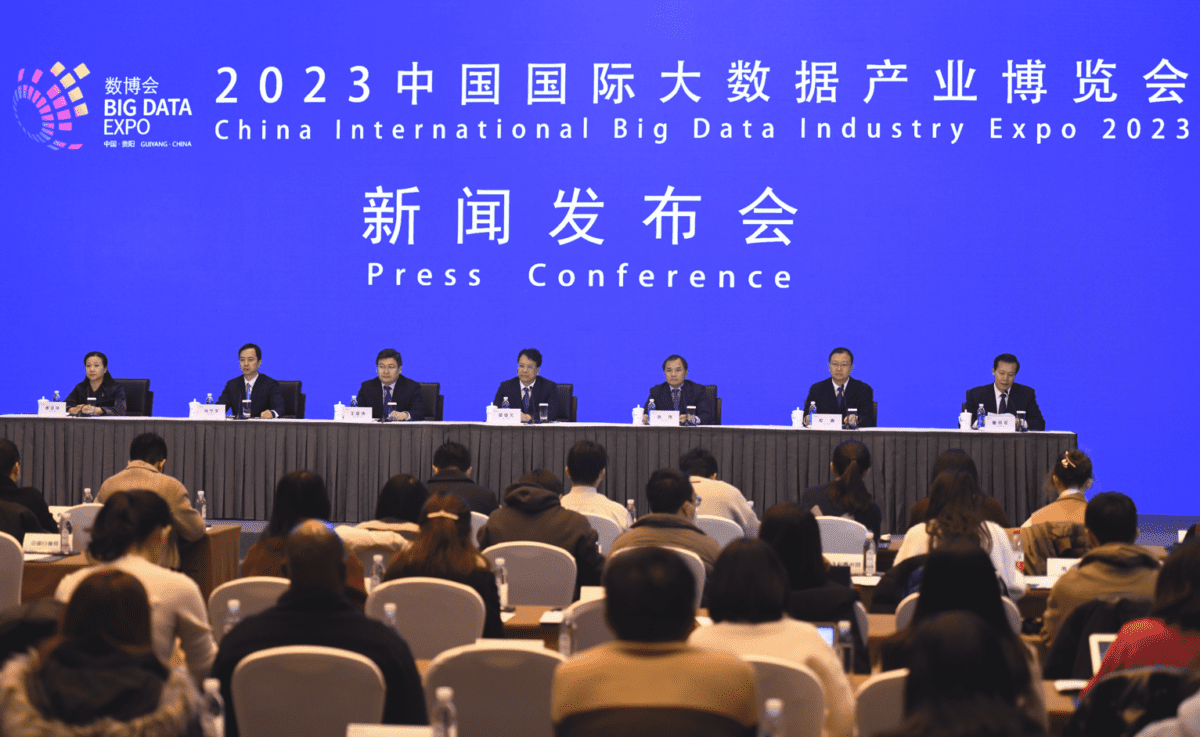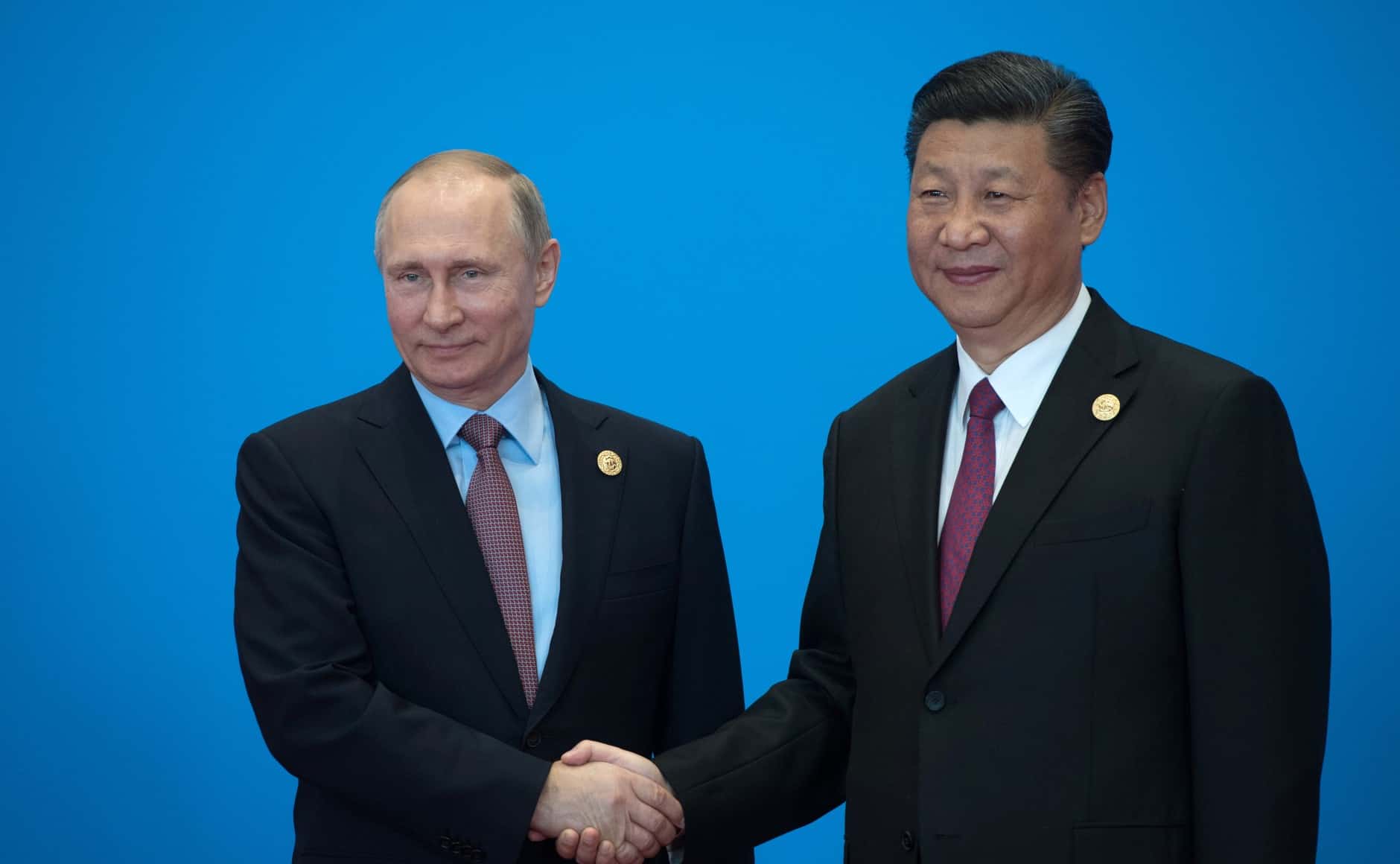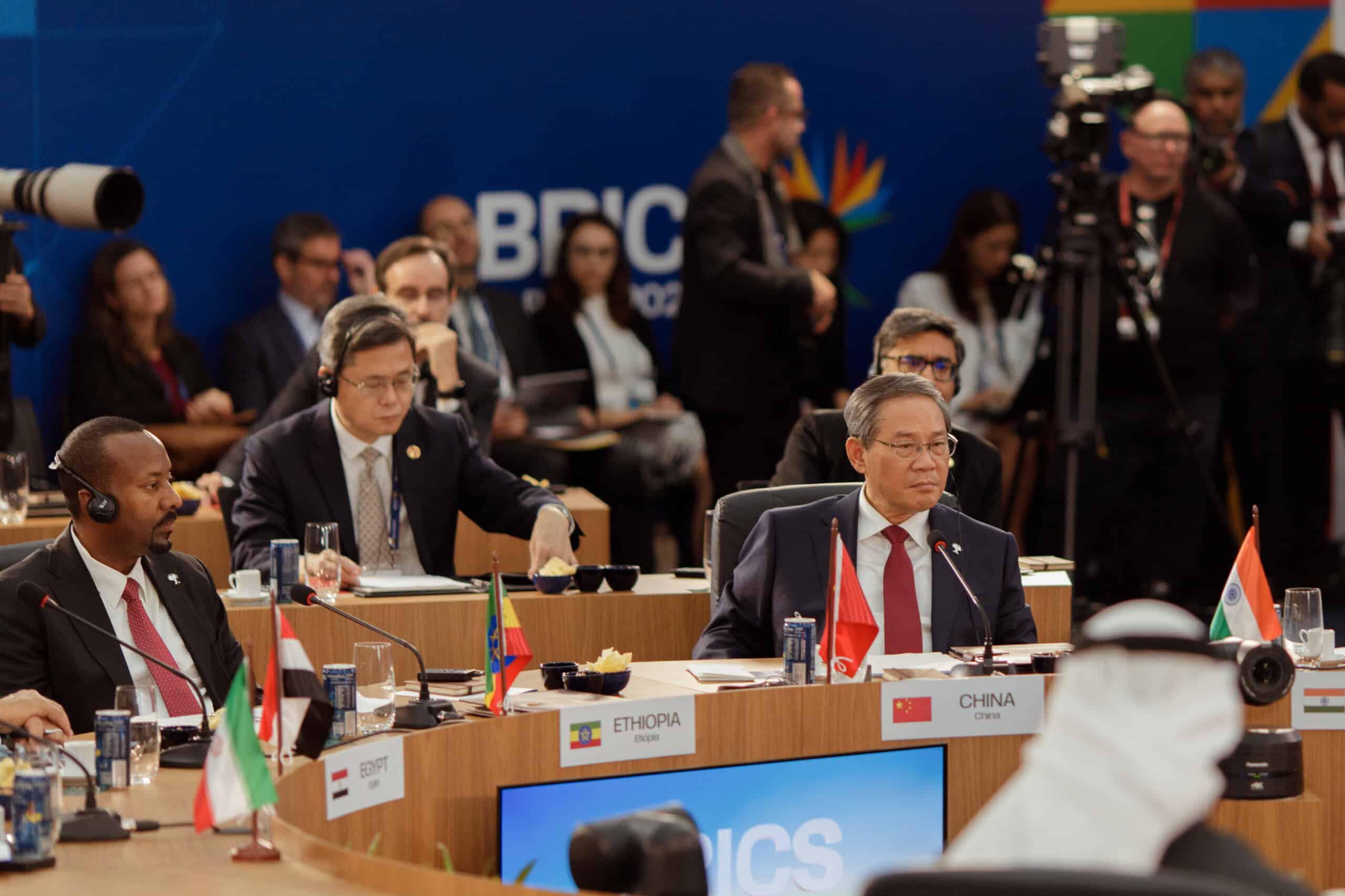Good evening. Until recently, China’s AI sector was considered on par with, or even slightly ahead of, America’s. But it turns out that the vast majority of China’s AI systems were dependent on chips and software from one U.S. company: Nvidia. The Biden administration has now banned Nvidia from exporting its best chips to China, and as our cover story this week illustrates, this represents more than just a hardware problem for China. Elsewhere, we have infographics on China’s most recent sporting scandals; an interview with Sheena Chestnut Greitens on China’s national security focus under Xi Jinping; a reported piece on Beijing’s efforts to both control and exploit Big Data; and an op-ed from Yu Jie about China’s precarious balancing act with Russia and Europe. If you’re not already a paid subscriber to The Wire, please sign up here.
Want this emailed directly to your inbox? Sign up to receive our free newsletter.

The AI Lockout
If you still associate Nvidia with video games, it’s time to update your priors. Thanks to its powerful chips and ubiquitous software, the U.S. company has produced a walled garden for artificial intelligence, with nearly every major player residing inside it. But having grown up inside Nvidia’s garden, China’s universities, laboratories and tech firms now find themselves locked out, banned from buying the company’s most advanced chips. For China, it couldn’t have come at a worse time. Eliot Chen reports.

The Big Picture: China Drops the Ball
Xi Jinping wants to promote Chinese sports but a series of scandals is clouding their success. This week’s infographics by Ella Apostoaie look at a few of China’s most recent sporting scandals: who is involved, how much was at stake, and what is being done to clamp down on this unsportsmanlike behavior.
A Q&A with Sheena Chestnut Greitens

Sheena Chestnut Greitens is an associate professor at the Lyndon B. Johnson School of Public Affairs at the University of Texas at Austin, where she also directs the Asia Policy Program. Her research focuses on national security, East Asia, and authoritarian politics, and her upcoming book is entitled Preventive Repression: Internal Security and Chinese Grand Strategy under Xi Jinping. In this week’s Q&A with Katrina Northrop, she talks about how Xi’s idea of national security differs from America’s; the recent phenomenon of transnational repression; and why the November protests in China should concern the CCP.
Sheena Chestnut Greitens
Illustration by Kate Copeland

China’s Data Drive
China’s government has launched a new central bureau to oversee and develop the country’s large swathes of data across public and private spheres. Grady McGregor reports this week on how Beijing is stepping up its efforts to both control and exploit Big Data and the extent to which Beijing’s approach differs from rival economies.

China’s Precarious Balancing Act
In its efforts to maintain ties with both Russia and Europe, China is wading through a briar patch of conflicting interests and rapidly changing sentiments. The country has no interest in being isolated, argues Yu Jie in this week’s op-ed, but nor can it afford to abandon its warmongering friend and neighbor.
Subscribe today for unlimited access, starting at only $19 a month.



